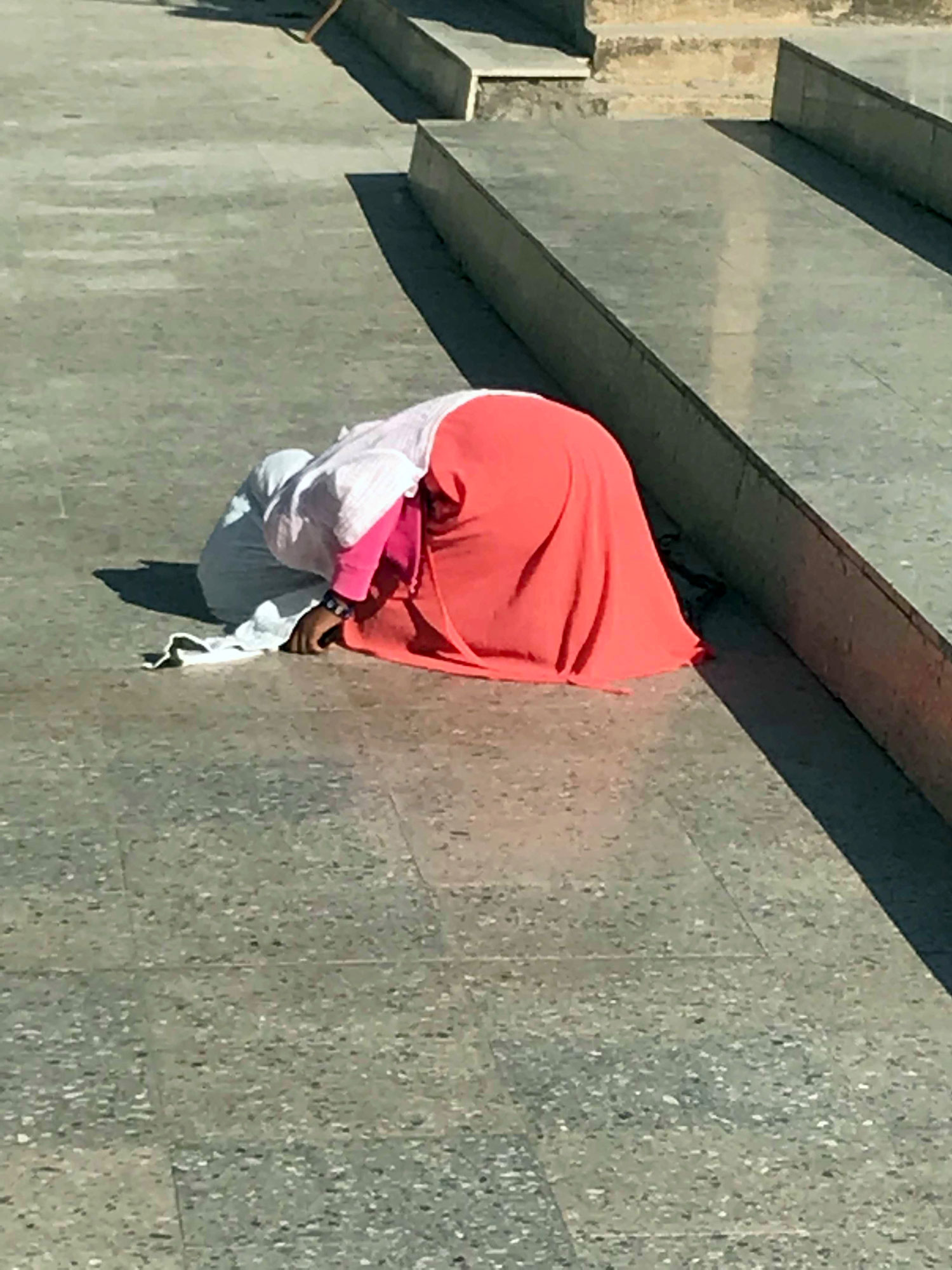
It is impossible to experience Ethiopia without being moved. My senses have been assaulted from every direction. I have been surprised by its magical landscapes, humbled by the kindness of its people, uplifted by their unwavering faith and how it shapes everyday lives. Ethiopian culture is steeped in old traditions. The way people greet each other says a lot about a nation. The way they dance tells a million stories. Their sense of community is demonstrated by how they eat and drink. This is not a society that has been built on individualism but one where people look out for each other. Where brotherhood and sisterhood is shaped just by dint of being an Ethiopian and they generously extend this to all their guests.
I have felt at ease here; I have felt welcome, they have humoured me and honoured me in more ways than I can explain.
Yet I also feel uneasy. I have seen great poverty, sitting alongside great wealth. Let me not be hypocritical here, I have seen Ethiopia from a position of privilege. Black privilege. There is a lot of it and really, if we want to make a difference to our world we have to also look at ourselves critically. We cannot continue to apportion blame or benefit from the very things that we claim to be abhorrent. We need to make a collective decision on how we stand on our feet, how we empower our old so that they can inspire our young. It’s not good enough that I have seen children hawking goods in markets, shining shoes and plenty more besides. It is you, the men and women that get their shoes shone by these young children, you the person that buys their goods and you, the well-meaning tourist that gives them money, sweets or small gifts. It is all of us limiting their potential so that we can wear shiny shoes or feel good about ourselves because we did something charitable.
I am ashamed to be part of this, and I am saddened. Yet in the middle of all this I know that it is only a matter of time before we see change. That change is represented by three young people I encountered on my last night in Addis. They in fact came to my rescue; small action I can hear you say, but really I needed someone with a working phone to call for that taxi as I was determined to have Doro Wat on my last evening. Our brief encounter was uplifting. We spoke mainly about politics, but first they told me I was one of them and asked how their old dictator Mengistu was doing. I told them they needed to take him back and the chorused emphatic ‘no’ response said it all. To be fair, if I was a former dictator I would probably want to stay in Zimbabwe. Safe territory.
These young people had different political views, they voted differently yet they had a deep connection. They challenged each other’s political stance and laughed out loud when the other passed cutting retorts. Yet they were united in their friendship and their belief that there is plenty more to do and political difference is just fine.
I leave Ethiopia feeling I have changed. I don’t quite know what that change is but my heart does not feel heavy.
